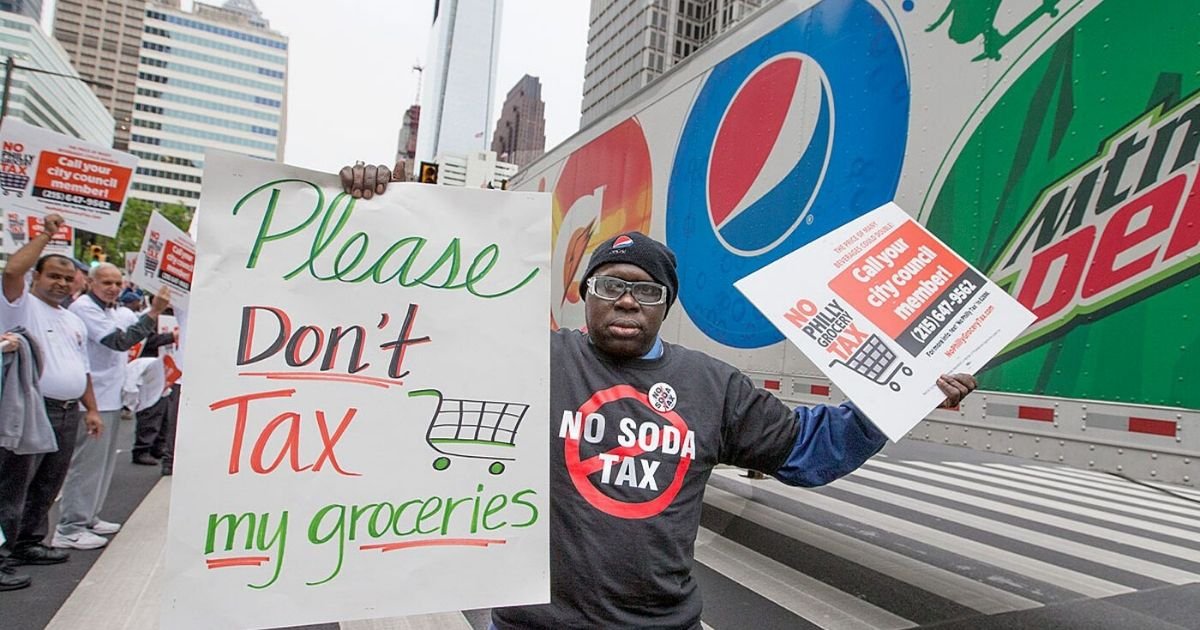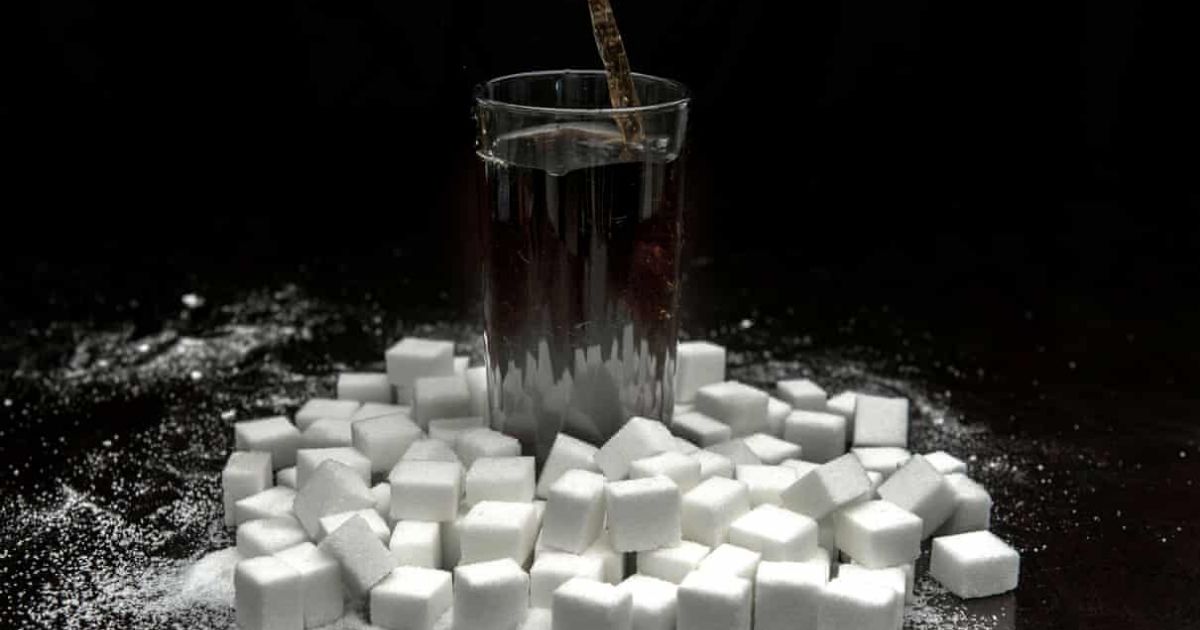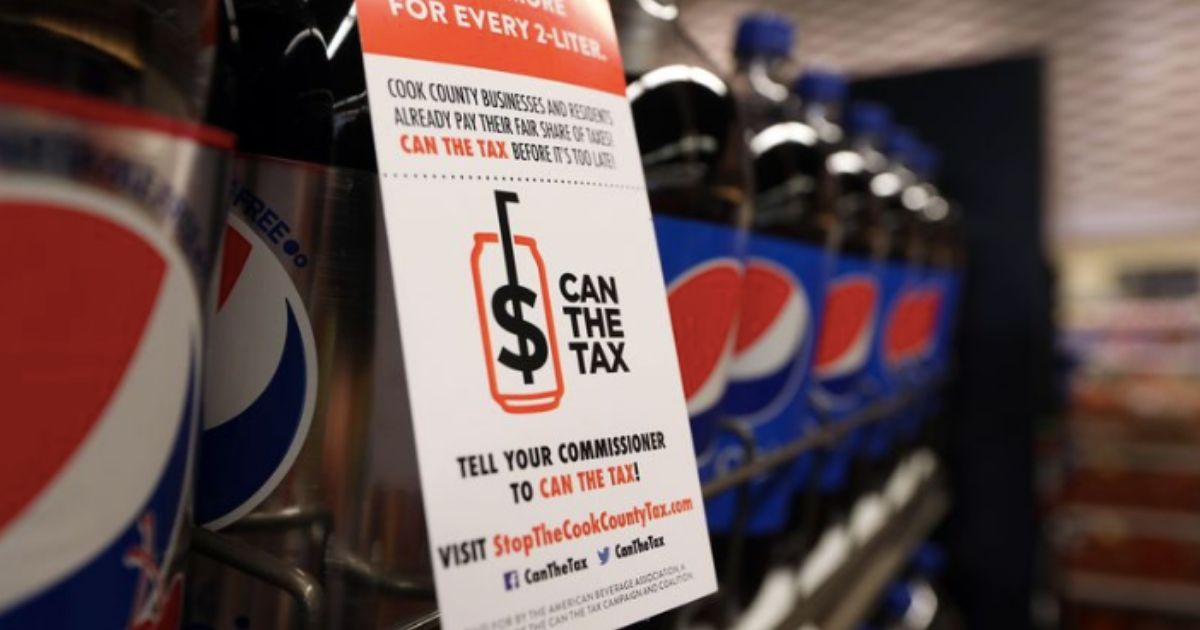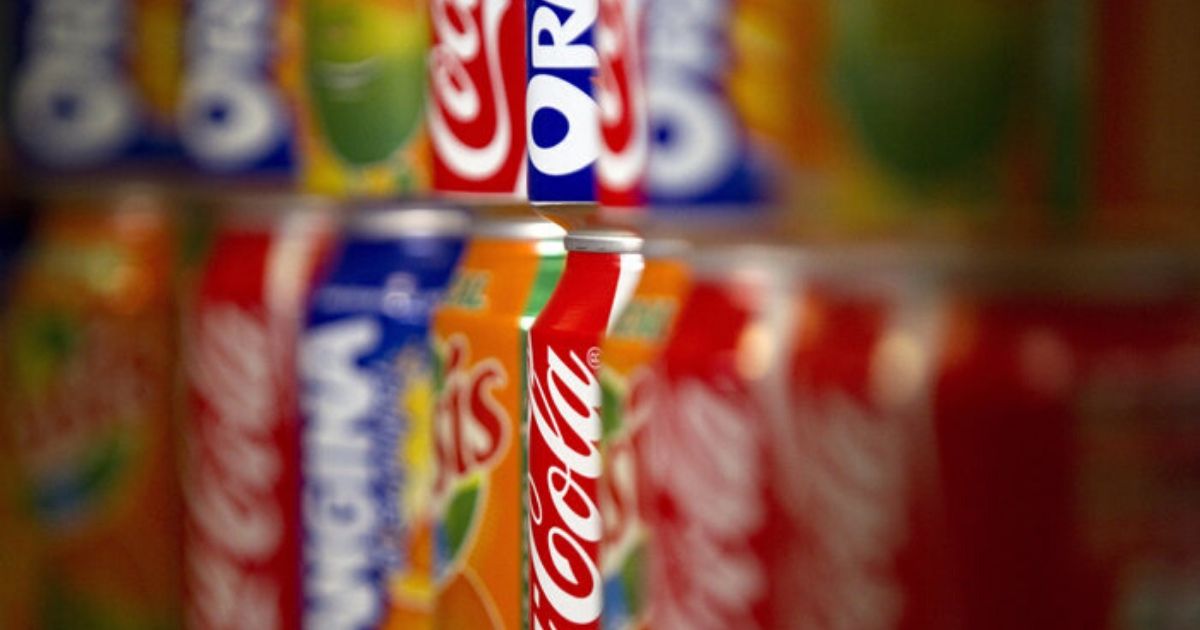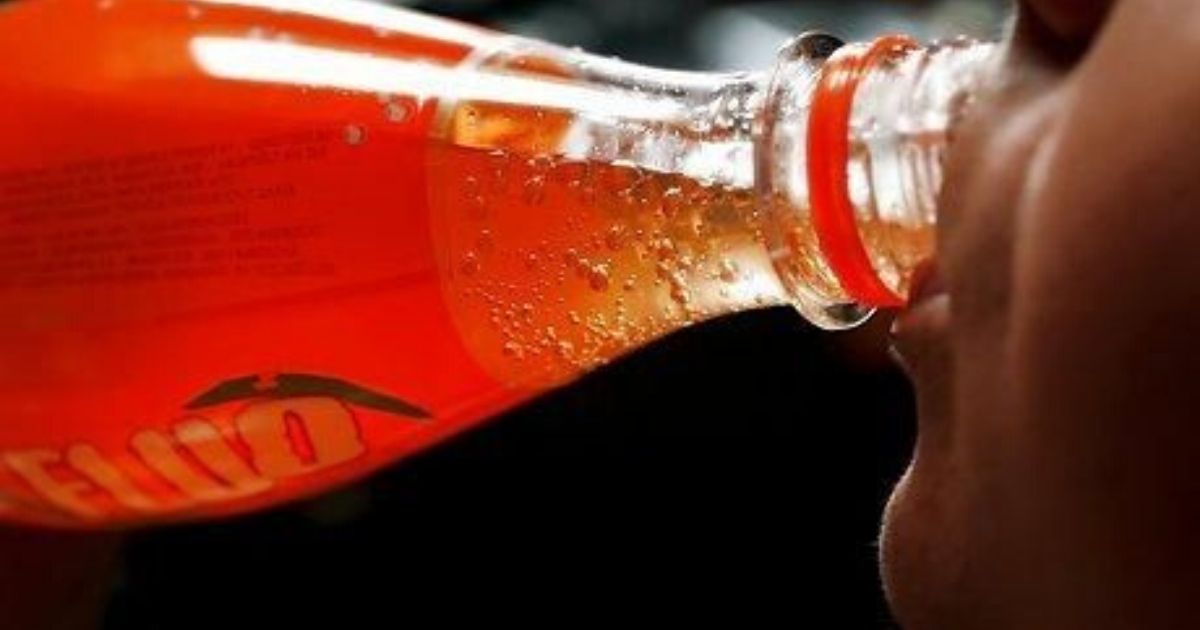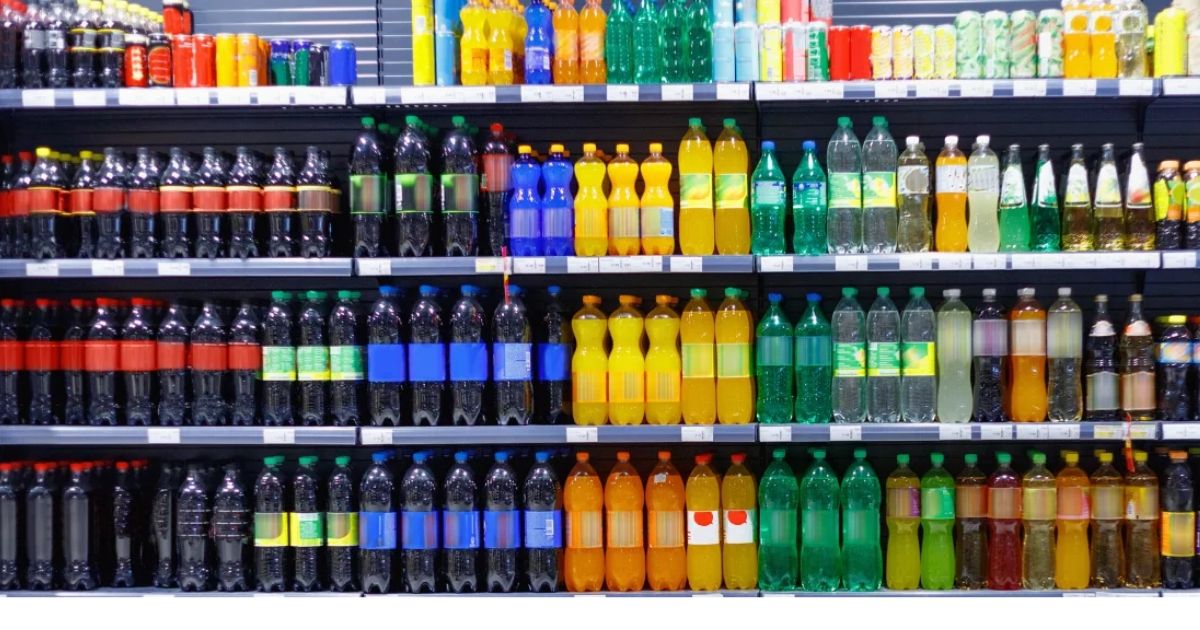Nations, states, and cities have been turning to sugar taxes as a possible way to improve the communities’ public health, however, the jury has been out on how to implement the fine.
A new study revealed that taxes on sugary drinks can lead to major health improvement and reductions in health care costs, but the benefit it may provide depends on the design of the tax.
Plenty sugar-sweetened drink taxes are volume-based, meaning the tax maybe 2 cents per ounce of the drink’s overall volume or 3 cents per teaspoon of sugar, which focuses to reduce the consumption of a product by increasing its cost.
And based on the study, the city of San Francisco and the nations of Mexico, Norway and the Philippines have implemented such tax designs.
“Current sugar-sweetened beverage taxes in US localities and many other nations are volume-based. Our findings suggest that taxing sugar-sweetened beverages on the basis of sugar content could be even more effective,” the researchers wrote.
The study noted that a tiered tax is in effect in the UK, France, and Chile can have different volume tax levels based on the drinks’ sugar content per ounce of its volume.
There also are taxes based on a product’s absolute sugar content, which can be found in South Africa, Mauritius, and Sri Lanka. They are designed as a tax per total grams of added sugar.
On Monday, the new study suggested that the health and economic benefits of tiered and absolute taxes based on sugar content were about twice as big as those of taxes based on the overall volume of a beverage.


